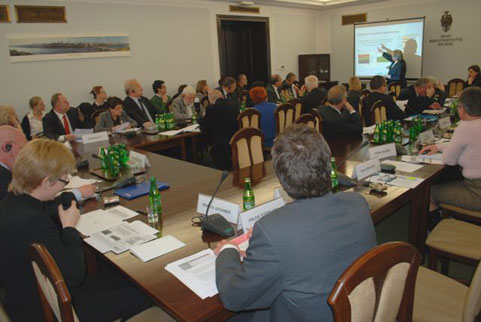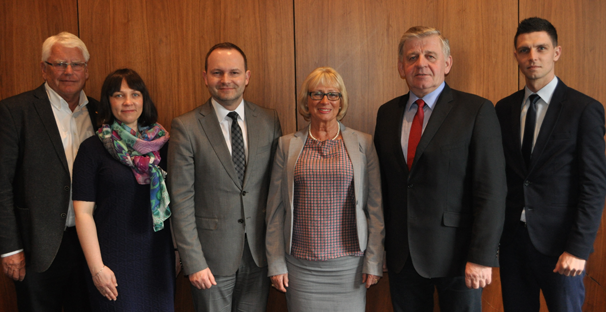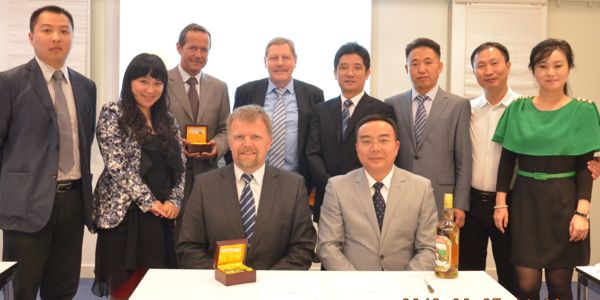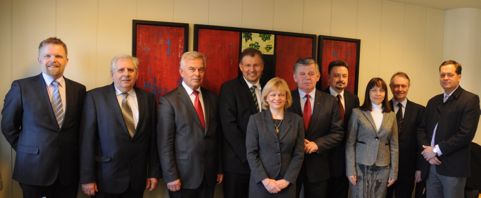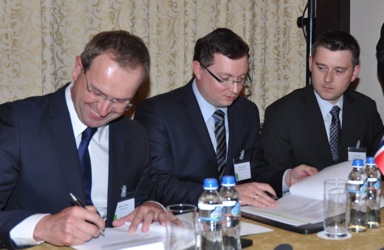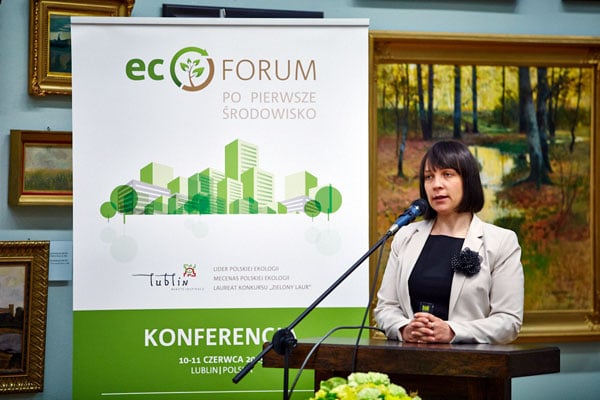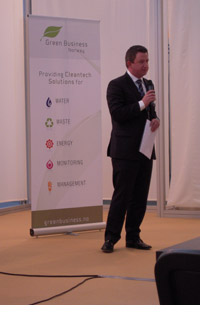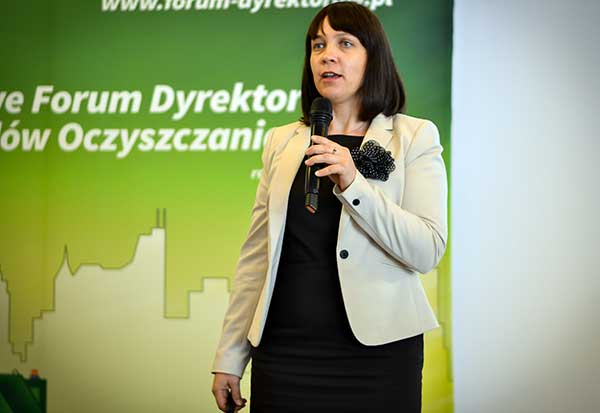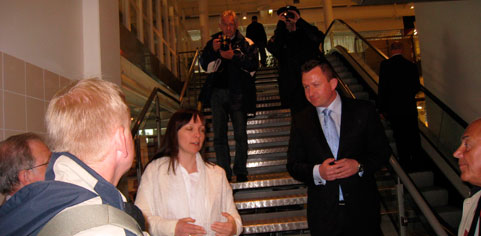September 1st 2020 marked the beginning of the Circular Based Waste Management project, a collaborative initiative to promote implementation of circular based waste management practices across three regions in Europe.
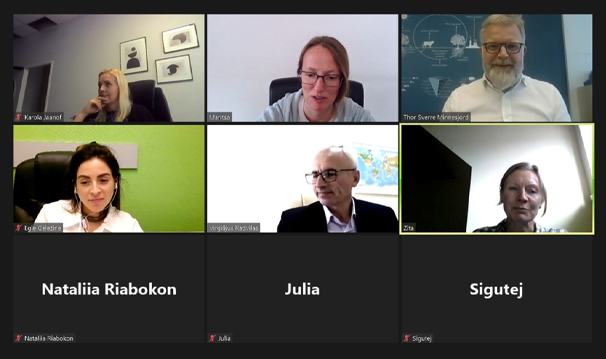
The project is in keeping with the EU plans to reduce pressure on natural resources by transitioning to a circular economy. The target of the project is to establish a long-term path towards a circular economy in three municipalities located in three different countries by reviewing infrastructure, technologies and legal aspects.
During the project, partners will be reviewing and studying best practices and innovations in waste collection, sorting and recycling. Green Business Norway, in the role of expert partner, is sharing knowledge and expertise in these topics from the Nordic countries. An important task for GBN is the coordination of cooperation between beneficiary partners and experts as well as organising study tours for the partners to gain first-hand experience on new innovations.
Each of the project partners have different roles and challenges they wish to explore solutions for:
- The lead partner of the project, Mažeikiai Municipality in Lithuania, is addressing collection and recycling of large items such as household items and building materials and so is exploring the feasibility of installing a modern waste sorting station for such items.
- JSC Telšiai Regional Waste Management Centre, aims to explore innovations in sorting and recycling of digestate as well as plastics for the Telšiai region in Lithuania.
- Paide Town Government in Estonia, aims to explore digital means in waste management and encourage its citizens to sort and recycle waste by implementing a pilot project as well as increase awareness, especially among youth.
- Sumy City Council in Ukraine, has as a target to gain knowledge and build capacity in waste sorting, collection and recycling with the main goal being to develop a concept for an integrated waste management system.
Transnational cooperation is a key element of the project with experience exchange among partners and capacity building on environmental and circular economy development pathways being among the main targets. Cooperation among municipalities, waste management organisations, companies, and educational institutions are also considered important for successful implementation of the project and its long-term goals.
Furthermore, main outcomes include development of concepts and solutions for sustainable environmental management and raising awareness on environmental issues and waste management among the local populations, especially youth.
The Circular Based Waste Management project is funded by Iceland, Liechtenstein and Norway through the EEA and Norway Grants Fund for Regional Cooperation.
For further information visit the project website here or contact thor@greenbusiness.no






















